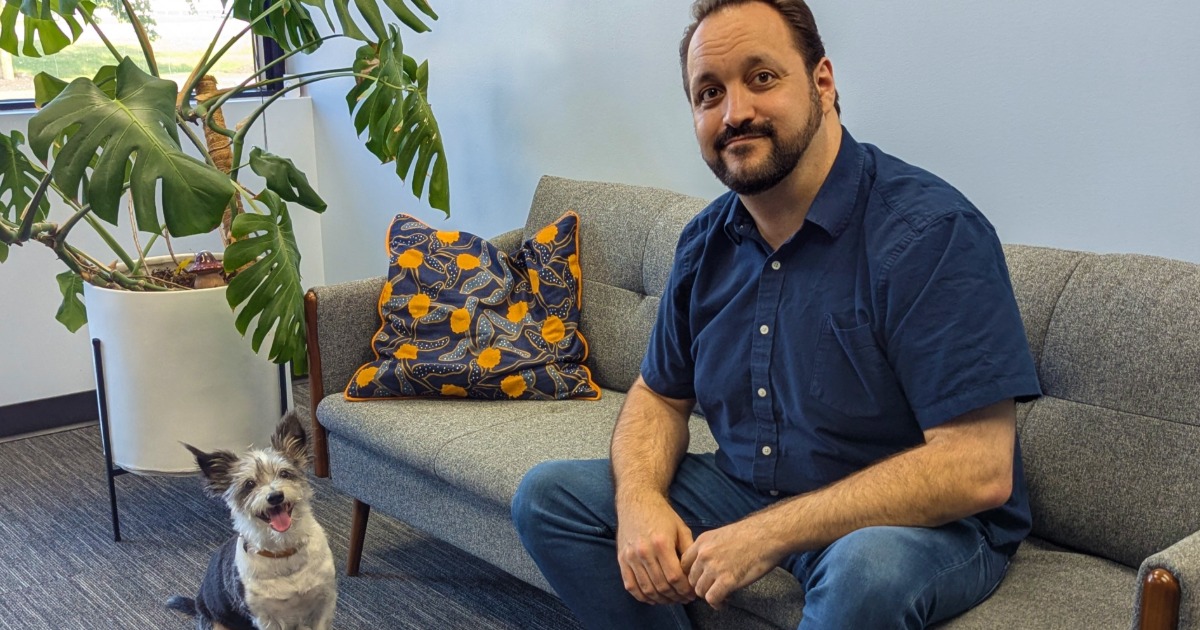For as long as I can remember, I’ve been fascinated by TV’s depiction of physicians in prime time. It’s a lens through which to see how the medical profession is viewed – albeit often distorted for dramatic effect. A few of my favorites:
The early days: Alex Reed worked from his home and did house calls (The Donna Reed Show). Milburn Stone was Doc Adams of Gunsmoke fame; Dodge City revered him as much as James Arness’ Sheriff Dillon.
The 60’s – physicians as people: Dr. Kildare (Richard Chamberlain), Ben Casey (Vince Edwards) and Marcus Welby, M.D. (Robert Young) reinforced the esteem and invincibility of the profession. They had warmth and approachability, and were almost priestly characters.
The ‘70s through the ‘90s – hospital-based medicine: The ensemble casts of Medical Center, St. Elsewhere, ER and others introduced us to institutional medicine – interaction among peers, conflicts with administrators and lawyers, ego issues, medical negligence, big facilities and complex clinical problems that defied “the usual and customary.” Physicians led care commando squads while sacrificing normalcy.
The ‘00s – a new prototype: No series has prompted more dissonance about the profession than House, with lead character, Gregory House, MD, alternating between clinical genius and dysfunctional dictator in each episode. In May, its successful eight year run ended. For his portrayal of the Vicodin addicted Dr. House, the Oxford, England-born Hugh Laurie earned two Golden Globes, two Screen Actors Guild awards, six Emmy Awards and $700,000 per episode – the highest salary in drama TV.
What amazed me most about series creator David Shore’s weekly storylines were its dependence on interpersonal conflict and its central focus on House’s frailty: He had no patience for medical residents who failed to see the medical problem accurately or quickly. He was thoroughly dismissive of administrative protocol at Princeton-Plainsboro Teaching Hospital and brutal when dealing with a physician unless they were clinically superior. He advocated for patients but often strong-armed their decisions to suit his premonition about an appropriate treatment, never apologized and rarely smiled. And in the end, he was always right.
Sometimes lost in the fierce debate about health reform is the future of the medical profession – more specifically, how future generations of physicians will learn, train and serve. The 137 schools of medicine, training 80,279 medical students this year, are ground zero for the health system’s transformation. In many ways, they are the bridge to tomorrow’s health system.
Dr. House’s egocentricity and harsh behavior was tolerated because he was an exceptional clinician. Tomorrow, physicians will practice in large groups that use team based models and electronic medical records with powerful clinical algorithms to aid in their decision-making. “Patients” will be “consumers,” linked to “big data” via their mobile devices to know their treatment options and costs and how their care team performs. Clinical judgment will be shared among the care team and consumer, and delivery of services embedded in a customized, coordinated treatment plan will be built around the individual’s needs, values, capabilities and stage of healthiness. Rather than patients, clinical trial subjects or cases, they will be consumers – actively participating in decisions and costs associated.
I will miss House. It offered a glimpse about medicine rarely seen. For Dr. House, the end always justified the means. I must admit to yelling at the tube on occasion when he berated his residents and strong-armed his patients. But that’s TV. In many ways, it’s not real.
What is real is medical education for the future. The challenge facing today’s medical school deans and residency directors is to harness the keenest judgment of tomorrow’s clinicians toward a lifelong commitment to learning and listening. It is to create tools that reward outcomes and construct pedagogy and practicum that embrace nursing, spirituality, nutrition, and self-care. And it is to identify and intervene when personal foibles like Dr. House’s are given latitude to treat others harshly and get a pass because they’re right. And it is to equip tomorrow’s physicians to a world where medical care is not a command and control model.
I am sure the next physician TV series is on the drawing board already. And it will no doubt provide pop culture yet another chapter in the unfolding recasting of American medicine as noble profession practiced by imperfect mortals.
I have deep respect for the profession of medicine, and a strong hope that it continues to attract and keep the best and brightest. It must adapt to a brave new world of big data, technology, transparency, care teams and consumers – and I believe it will.
Paul Keckley is executive director of Deloitte Center for Health Solutions.


